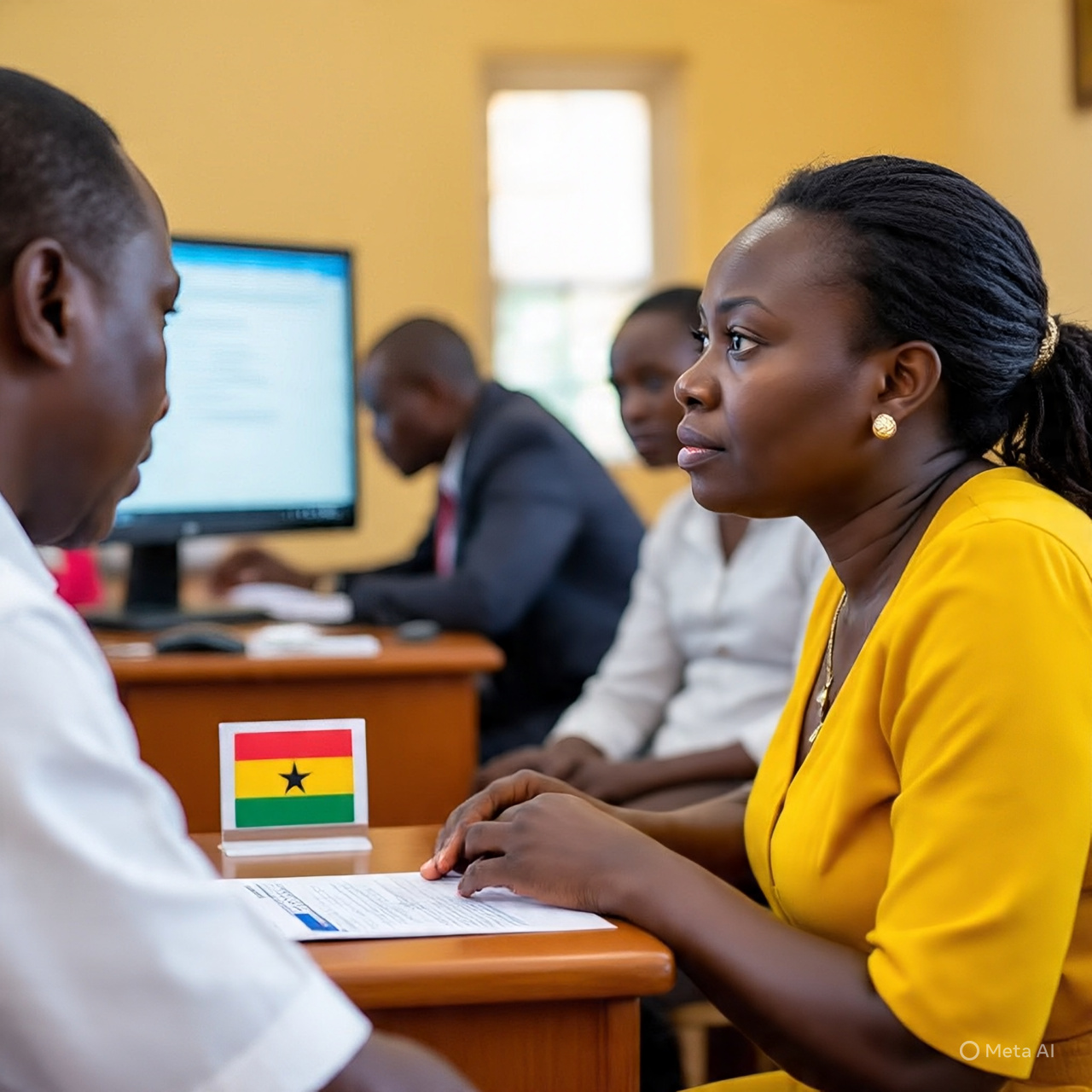By Ansah David
Copyright ahotoronline

Ghana is on the cusp of achieving universal legal identity, with 95% of adults now registered under its National Identification System and children increasingly enrolled at birth. This remarkable progress puts the country on track to meet and likely surpass Sustainable Development Goal (SDG) 16.9, which calls for legal identity for all by 2030.
In a continent where over 500 million people, more than one-third of Africa’s 1.4 billion population still lack formal identification, Ghana’s strides represent a major breakthrough in the quest for inclusive development. Without legal ID, millions are locked out of essential services, financial systems, and social protections.
Ghana’s progress is being hailed as a game-changer for digital identity in Africa.
At the heart of this success is a robust public-private partnership between the National Identification Authority (NIA) and the Margins Group and its subsidiaries. Together, they have rolled out the Ghanacard and the critical infrastructure behind it national ID ecosystem that integrates identity verification, access to services, and data security.
In a statement, Margins Group expressed pride in its central role, emphasizing that the initiative not only enhances governance and economic participation but also elevates Ghana’s standing as a leader in digital identity on the global stage.
Observers and development experts suggest Ghana’s experience offers a replicable model for other African nations aiming to close the identity gap and fast-track social and economic transformation.
Story: Nyamebeye Kofi Ansah Sasraku



